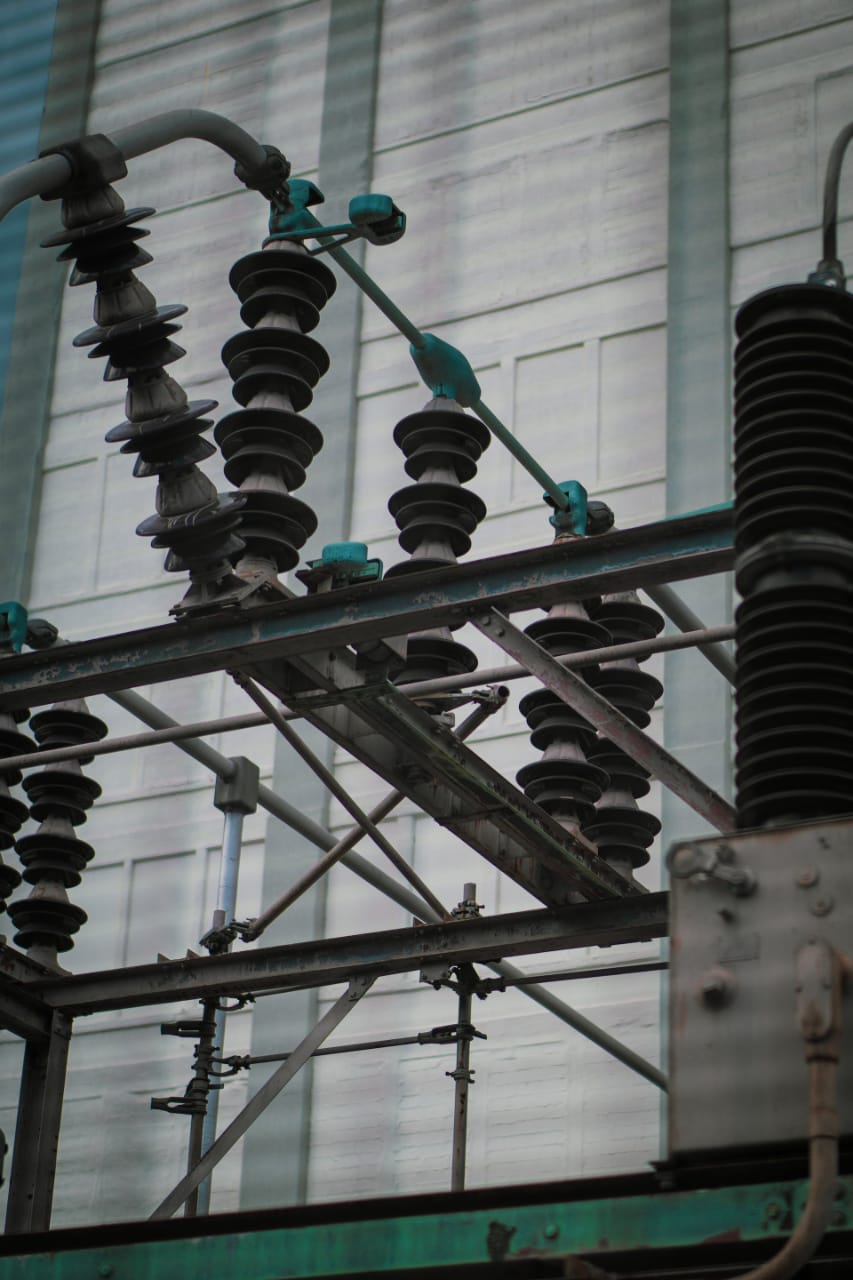Zanu PF, the ruling party, has been accused of rigging elections, violating human rights, and mismanaging Zimbabwe’s resources, leading to political and economic crises that have plagued the country for decades. The opposition parties, such as the Citizens Coalition for Change (CCC), have faced harassment, intimidation, and violence from the state and its supporters.
One of the latest examples of the political tensions in Zimbabwe is the clash between a CCC ward councillor and a Zanu PF member of parliament over a stolen electricity transformer. The transformer was vital for providing water to the residents of Shangani, a rural area in Matebeleland South province.
Councilor Seeks Help from MP
Noumusa Moyo, the CCC councillor for ward 23, said she tried to contact the MP for Insiza North, Farai Taruvinga, to ask for his help in replacing the transformer. She said the Zimbabwe National Water Authority (Zinwa) and the Zimbabwe Electricity Supply Authority (Zesa) had no funds to attend to the problem.
However, instead of offering assistance, Taruvinga allegedly told Moyo that he would only help her if she wore the Zanu PF regalia and supported his party. He also reportedly referred her to David Masuku, the CCC candidate he defeated in the August 2023 harmonised elections.
MP Denies Allegations
Taruvinga, on the other hand, denied the allegations and said he was willing to work with anyone regardless of their political affiliation. Based on a report by Newsday Zimbabwe, he said he had no problem with Moyo and that he had helped many people in his constituency, including those who did not vote for him.
He said the issue of the transformer was not his responsibility, but that of Zinwa and Zesa. He stated that the central government controls the Constituency Development Fund and the Devolution Funds, and he has no access to them.
Implications for Development and Democracy
The dispute between Moyo and Taruvinga reflects the broader challenges that Zimbabwe faces in terms of development and democracy. The country has been struggling to provide basic services and infrastructure to its citizens, especially in the rural areas. The lack of water, electricity, health care, education, and roads has hampered the social and economic development of the country.
The political polarisation and intolerance that characterise the Zimbabwean society have also undermined the democratic process and the rule of law. The ruling party has been accused of using violence, intimidation, and patronage to maintain its grip on power. They have marginalized and excluded the opposition parties from meaningful participation in governance and decision-making.
However, despite the bleak situation, there are some signs of hope and change in Zimbabwe. The increased use of social media and online platforms has also enabled the citizens to access alternative sources of information and to voice their opinions and grievances.
The people of Zimbabwe have shown resilience and courage in the face of adversity and oppression. They have not given up on their dreams of a better future for themselves and their children. They have continued to fight for their rights and freedoms, and to demand justice and democracy.


